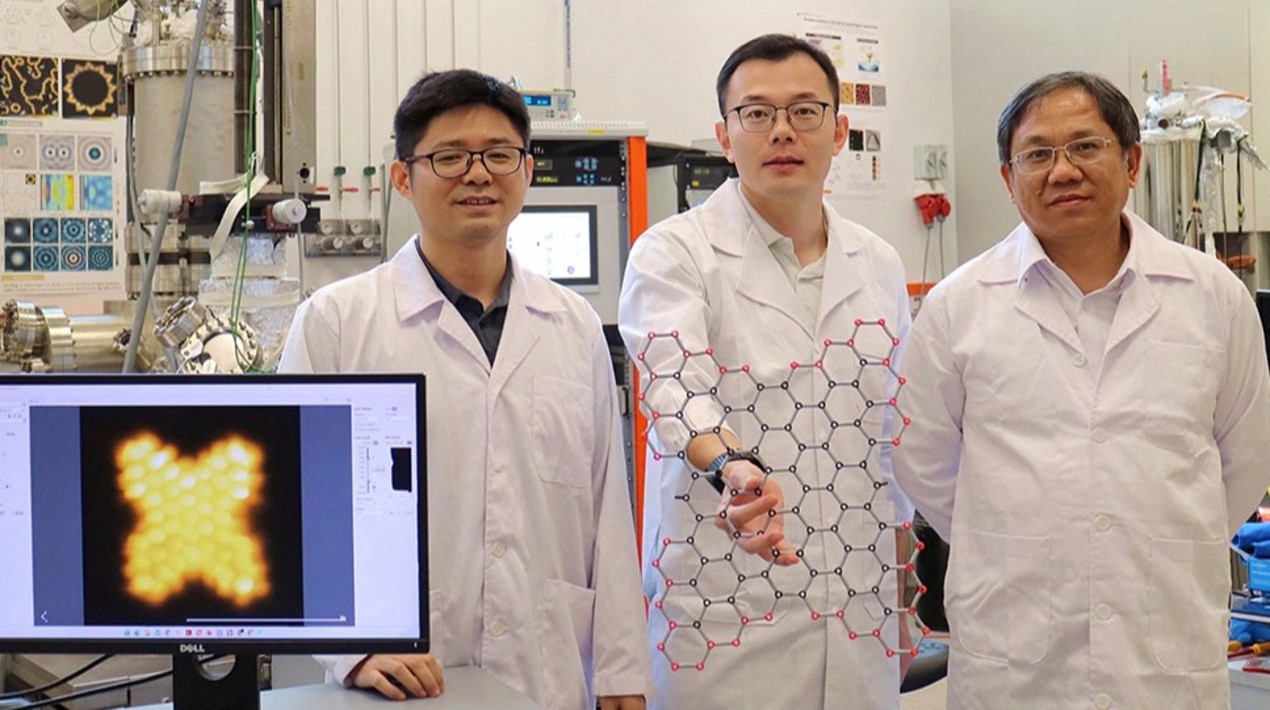
China issued a guideline that detailed measures to promote the region’s economic growth, scientific and technological innovation, urbanisation, green development, opening-up, and people’s well-being. By 2025, the comprehensive strength and competitiveness of the region should be further enhanced, and marked progress should be achieved in innovation capacity, with its proportion of research and development input in the regional Gross Domestic Product (GDP) reaching the national average.
Regarding promoting advanced manufacturing, the guideline urges the building of industrial bases focused on sectors including intelligent manufacturing, new materials, new-energy vehicles and electronic information.
China also facilitates the major technological transformation and upgrading of the manufacturing sector, attaching importance to fostering the intelligent, green, service-oriented development of traditional sectors such as the coal, construction and steel industries. It also underscores accelerating the construction of national logistics hubs in Zhengzhou, Changsha, Taiyuan, Yichang and Ganzhou, and increasing the listed products of the Zhengzhou Commodity Exchange.
In terms of environmental protection and pollution control, the guideline says compensation mechanisms for ecological protection and damage should be implemented, while prominent environmental problems in the region should be addressed by developing technological solutions.
To achieve inland high-level opening-up, the country should speed up the development of transportation in the region, including building high-speed railways, promoting the construction of an international logistics centre and international airfreight shipping centre, and improving the international air-traffic network.
The guideline also urges continued efforts to develop pilot free trade zones in the provinces of Anhui, Henan, Hubei and Hunan to a high standard, and optimise a business environment that is market-oriented, rule-based and internationalised.
The central region should accelerate the standardisation of hospitals for infectious diseases and centres for disease control and prevention, and improve the ability of urban and rural communities to provide medical services.
The supply of high-quality public goods, such as world-class universities and large-scale medical institutions, should be increased in the region, the guideline says, specifying that world-renowned universities will be encouraged to run schools in partnership with local institutions and conduct research and develop technology to solve problems. Large-scale comprehensive medical institutions are welcome to set up subsidiaries in the region.
In terms of fiscal and financial support, the central government will continue to increase transfer payments to the central region, and local governments can be allocated more bond issuance quotas on the condition that risks are under control.
As reported by OpenGov Asia, China’s Ministry of Science and Technology has played an important role in China’s efforts to build a moderately prosperous society. China has taken a host of practical measures to promote science and technology in socio-economic development, foster innovation, support the transfer and industrialisation of research results, and encourage more investment in scientific and technological infrastructure.
The ministry has also made breakthroughs in its reform of the research system, created a better environment for innovation, improved the resource allocation system and has inspired creativity in science and technology workers.
The ministry has also worked with multiple provinces, municipalities and autonomous regions to encourage institutes in economically thriving areas to cooperate with their counterparts in less-developed western regions, and has also helped technology-intensive east coast enterprises establish presences in the west. The introduction of investment, business and talented people has helped less-developed areas build their own high-tech industries, train local professionals, and create more jobs.
Regarding the ministry’s targets in core technologies, the ministry will continue concentrating on basic materials, essential manufacturing techniques and high-end chips as well as industrial software so these fields can catch up with current world leaders.
In addition, cutting-edge disciplines like Artificial Intelligence (AI), quantum information, advanced manufacturing, brain sciences and aerospace technology will remain at the top of the ministry’s support list.
















